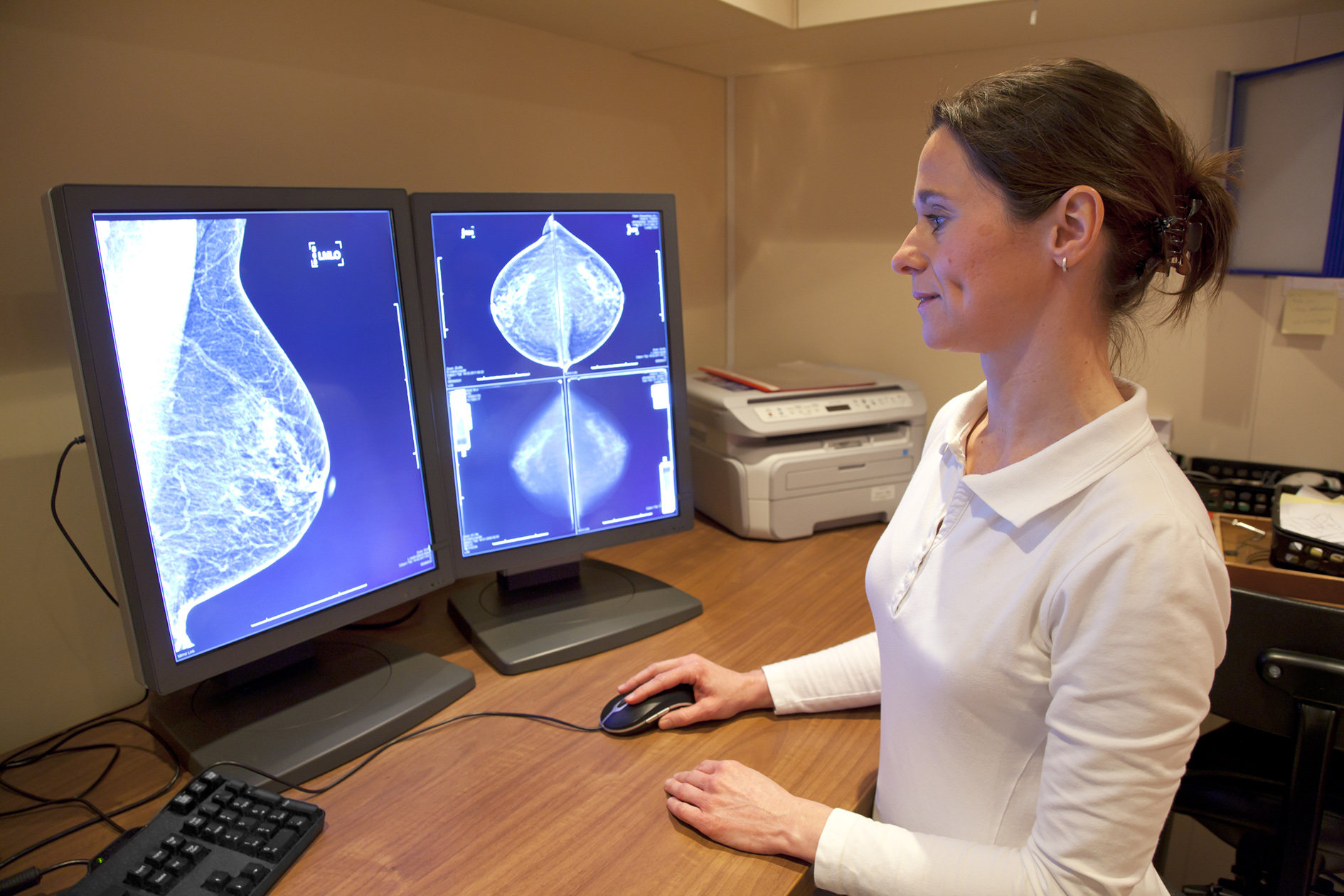AI outperforms experts in breast cancer diagnosis

Artificial intelligence outperformed a panel of experts in a simulation where they were asked to diagnose breast cancer based on stained tissue samples – suggesting deep learning algorithms could be used to help clinicians diagnose cancer in the clinic.
A study published in the Journal of the American Medical Association opens the door for further research into AI and its ability to improve diagnosis.
The study was based on an analysis of a training data set of whole-slide images from two centres from the Netherlands – 110 with and 160 without verified nodal metastases.
It tested the performance of seven deep learning algorithms against a panel of 11 pathologists with time constraint to simulate the real clinical environment, and one pathologist without time constraint.
The best-performing algorithm’s performance was comparable with the pathologist without time constraint, at a mean of 0.0125 false-positives per normal whole-slide image.
For the whole-slide image classification task the best algorithm performed significantly better than the time-limited pathologists.
The top five algorithms’ mean performance was comparable with that of the pathologist working without time constraints.
Authors said the approach will require validation in the clinic and building on the evidence supporting use of AI in healthcare.
[caption id="attachment_35197" align="alignnone" width="270"] Babak Ehteshami Bejnordi[/caption]
Babak Ehteshami Bejnordi[/caption]
The research was led by Babak Ehteshami Bejnordi, Radboud University Medical Centre Nijmegen in the Netherlands.
Thirty-two algorithms were developed during the international Cancer Metastases in Lymph Nodes (CAMELYON16) challenge to create automated solutions for the diagnosis of sentinel lymph node (SLN) metastases in breast cancer.
Commercialisation of AI in healthcare
The study is part of an ongoing and rapid development of AI in pathology and diagnostics, which looks to be the first medical field which will be transformed by the technology.
However the technology won't be adopted overnight - not least because its use will require the development of a new breed of clinicians who are experts at integrating digital pathology into care.
One company which is leading the push for AI to be taken up in front line care is IBM.
The company is applying its Watson AI to many areas of healthcare – in July a study showed its potential to analyse patients’ glioblastoma cells and help recommend treatment options.
Watson for Genomics was able to provide whole genome sequencing data, complete with clinically actionable insights, from the tumour cells within 10 minutes.
Manual human analysis took around 160 hours to arrive at similar conclusions.
And also in July, IBM Watson agreed to install its AI across the biggest private healthcare institution in Mexico, to help inform cancer treatment decisions.
Watson for Oncology aids doctors by drawing on data from over 300 medical journals, 200 textbooks and nearly 15 million pages of text.












